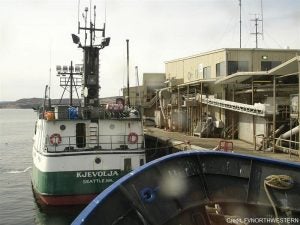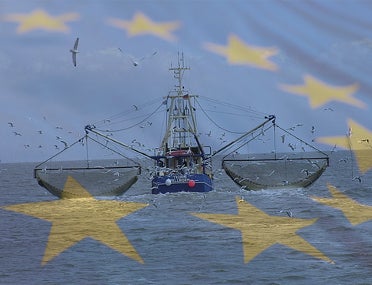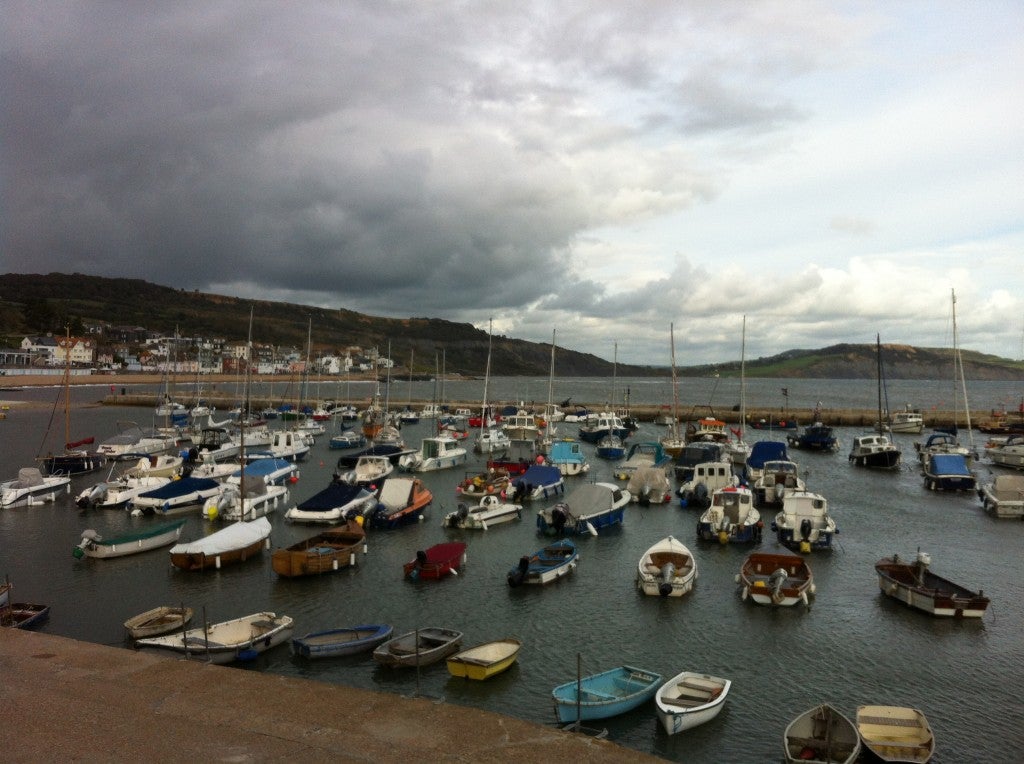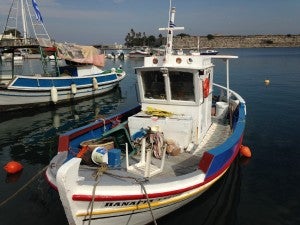Editor’s note: This is the second in a multi-part blog series, Fisheries for the Future, examining the impacts from climate change on global fisheries and the opportunities to address these emerging challenges. Throughout the series, we’ll be investigating how climate change will impact the world’s supply and distribution of fish and what we can do to ensure the most sustainable future for ourselves and our planet. Learn more about this work: Resilient Seas
Doctors say a healthy patient is better able to recover from an injury than an unhealthy one. As our colleagues at the University of British Columbia point out, this is similar to healthy marine ecosystems, where a healthy ecosystem is better able to withstand the effects of climate change compared to an unhealthy one. Managing fisheries right is one of the most important factors for addressing marine ecosystem health. In this blog we will talk about fishery management best practices and their importance in the face of climate change, how those practices may look different as a result of climate-related factors and some recent experiences with fisheries in Lithuania.
Over the last few decades we have learned what it takes to manage fisheries well and have worked with fishing communities around the world to develop robust management plans that are yielding positive results for fish populations and fishing communities. Read More













